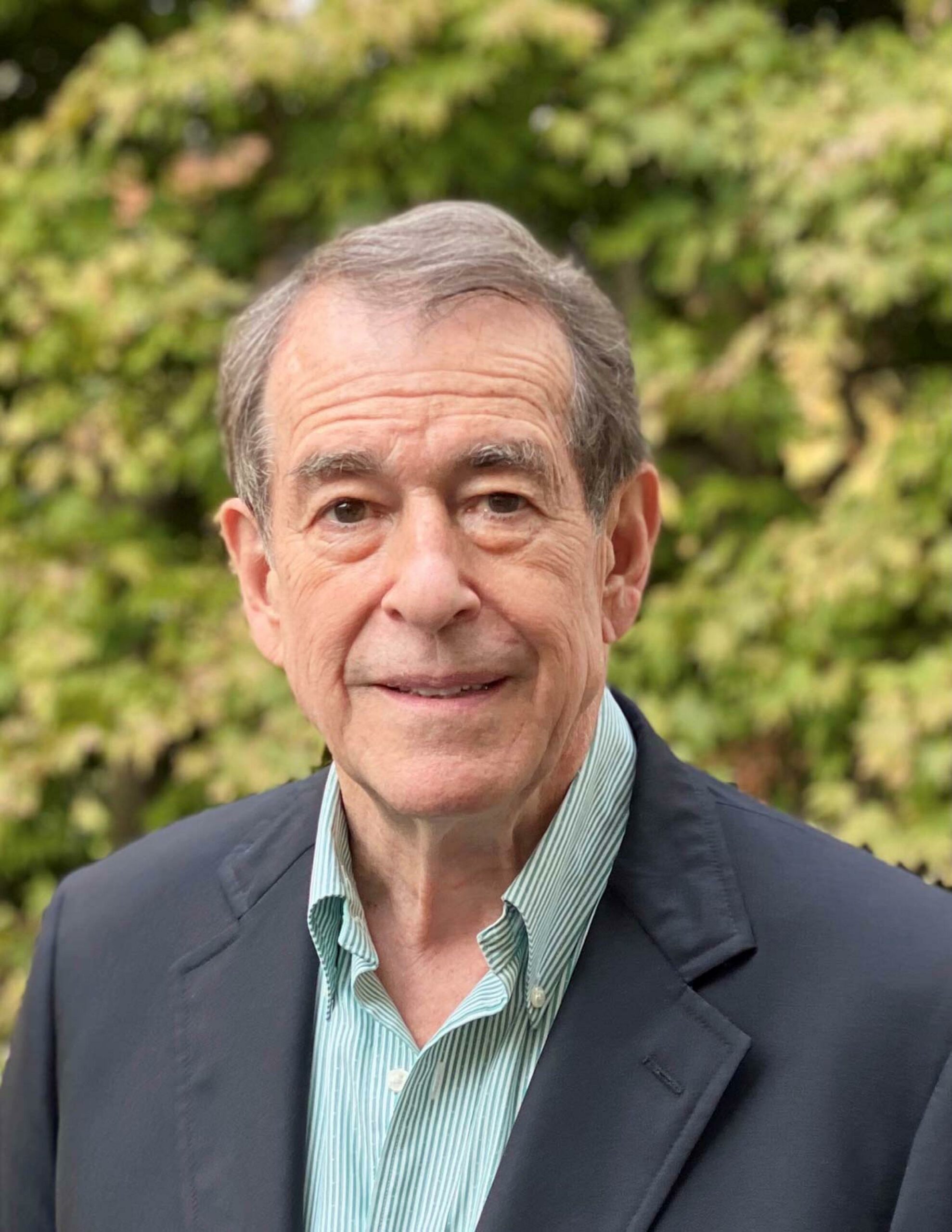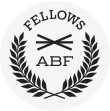
Loren Kieve, a California Benefactor Fellow, is currently the principal of Kieve Law Offices in San Francisco. His practice focuses on business and commercial trial litigation, including cases surrounding securities, commodities trading, and the Foreign Corrupt Practices Act. Within the ABA, he has been a member of the American Bar Association Commission on Immigration and serves as a California State Bar Delegate to the House of Delegates. Civically, he continues to serve as a trustee to the Institute of American Indian and Alaska Native Culture and Arts Development after being initially appointed by Presidents Clinton and Obama and confirmed by the Senate. He is also on the National Advisory Board of the Center for Comparative Studies in Race and Ethnicity at Stanford. Kieve was inducted into Stanford’s Multicultural Alumni Hall of Fame was awarded the University of New Mexico’s Rodey Award and the ABA’s Pickering Award.
Q: What does being a Fellow mean to you?
A: I am honored to be included among some very good lawyers who are dedicated to improving the law, our society, and our communities. There are a fair number of lawyers who have been recognized, rightly, for their legal acumen and accomplishments. Being a Fellow means that you have also given back and spent a good amount of time helping to make our profession and the world better places.
Q: Where do you consider your hometown and what is your favorite thing about it?
A: I think I have three. Santa Fe, New Mexico. San Francisco, California. Washington, D.C. I grew up in Santa Fe. For the last 29 years I have been a trustee of the Institute of American Indian Arts, first appointed by President Clinton and confirmed by the Senate, then by President Obama, based in Santa Fe. We have literally built it from the ground up to be the premiere educational and showcase institution for Native American and Alaska Native (and First Nations) culture and art. Being a trustee has allowed my wife and I to spend a good amount of time there, particularly in the summers when our kids and grandkids can join us. It has remarkable tri-cultural vibes, very good restaurants and amazing skies, clouds and sunsets.
We have lived in San Francisco for 24 years. It is a great city, again with very good lawyers who give back. I was privileged to be elected as a member of the Board of Governors (and then changed to Trustees) of the State Bar of California, a California constitutional office that oversees the world’s largest collection of lawyers. And also to serve on the board and chair the Lawyers’ Committee for Civil Rights of the San Francisco Bay Area. And we have superb art museums, ballet, opera, symphony and other cultural institutions, with a city and state government that is committed to doing the right thing in governing the fourth largest economy in the world.
I started my legal career as a law clerk to two great federal judges on three courts, and planned to practice law in Santa Fe. But through happenstance ended up practicing law in D.C. and then N.Y. and around the world for 26 years. Our four children were born there and mostly educated there. We still have ties to the city and our friends and some family who live there. It is also a great city with strong cultural heritages and institutions.
Q: Why did you decide to pursue a career in law?
A: Through the back door. My mother was one of the first women Yale Law School graduates, and my father was a doctor. But I wanted to pursue a doctorate in English at Oxford, and then decided I did not want to do that, so I ended up getting a law degree there. And the rest sort of took its own course.
Q: If you hadn’t pursued a career in law, what would you have done?
A: At one point I was thinking about running for office. I still might do that. I used to teach skiing. Maybe I’ll go back to it.
Q: What do you do in your free time?
A: Take walks on our lovely beaches with my wife and friends. Go to ballet and music events, as well as art museums and galleries.
Q: Who is your professional hero?
A: Probably Abraham Lincoln. A great lawyer. I think he may have lost one or two cases. A great writer and orator. Someone who, though coming from very humble roots with very little informal education, saved our country.
